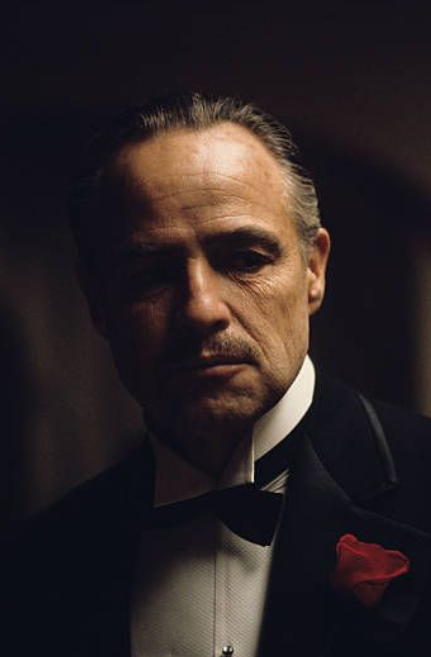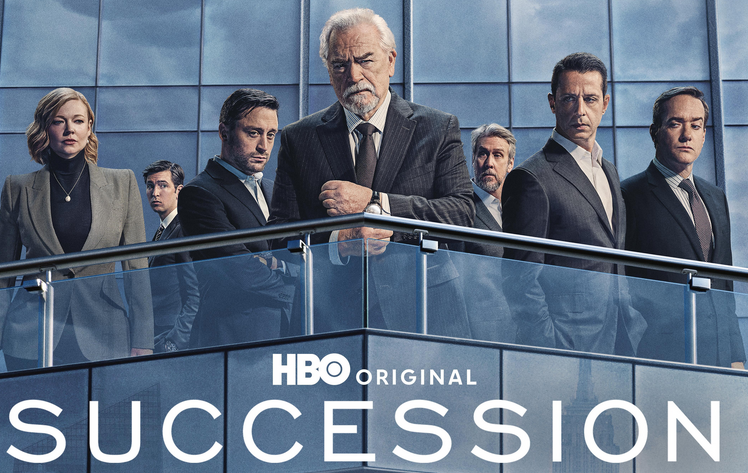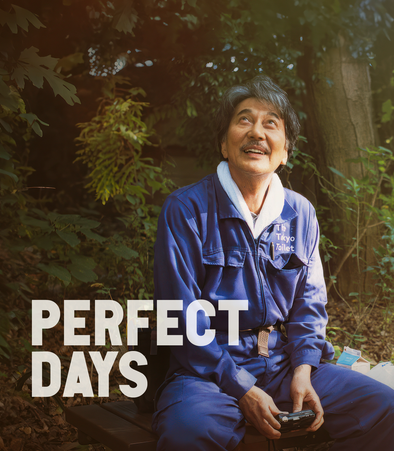Beyond Good and Evil: Why We Root for Men We Shouldn't

We grow up hearing stories about 'good people' who win and 'bad people' who lose, but then we meet characters like Tony Montana (Scarface), Michael Corleone (The Godfather), and Tommy DeVito (Goodfellas), men who do not follow that rulebook at all, men who chase their own wild paths through life, and instead of disagreeing, we find ourselves nodding along, wondering why their wrong feels so right to us. These are not the kind of guys we would invite over for dinner, not with Tony's loud temper, Michael's ruthlessness, or Tommy’s unpredictable violence, yet they stick with us, their faces flashing in our minds when we are alone, like they have tapped into something we did not know was there, something about who we are and what we want when the world is not looking.
There is something about Tony Montana that stays with us, the way he storms onto the screen with nothing but a big mouth and bigger dreams, building a life out of drugs and guts until it all comes crashing down. In his story, we see a man who refuses to let anyone tell him who he is supposed to be, a man who grabs his identity like it is a prize he is owed, even if it costs him everything. There is honesty in his rage, rawness in the way he shouts what many of us only whisper, and in his loudness, we see the part of ourselves that wonders what life might be like if we stopped holding back, if we let ourselves be messy and wild too. We do not want his guns or his grave, but his fight to be himself, no matter what, stirs something inside us, something that makes us think about the masks we wear every day, about what might be hiding underneath them if we were honest.
Michael Corleone begins as someone quieter, a son who wants a simple life far from his family's shadows, yet we watch him turn cold, stepping deeper into a world that demands violence, choosing power over peace until he is no longer the man we first knew. We should not care for him, yet we do, because we see in his choices a struggle we know too well, the painful tug between what feels right and what feels necessary. He is not cruel without cause, but a man shaped by duty, fear, and loss, and that is what keeps us watching. We know that feeling of bending ourselves to fit a life we never asked for, of making hard choices when it seems there are no good ones left. His story leaves us wondering how far we would go to protect what we love, how much of our own goodness we would trade away if the stakes grew high enough.
And then there is Tommy DeVito. Unlike Tony or Michael, he is pure volatility, a man who doesn’t think before he strikes, whose charm can turn into menace in an instant. He is unpredictable, unhinged, someone who laughs at the very idea of restraint. He is dangerous because he purely enjoys the chaos, because he thrives in it, and never stops to consider the weight of his actions. But that, too, is revealing. He embodies the part of us that wonders what life would be like if we ignored every rule, if we let our impulse take the wheel. He is a warning and a temptation all at once, reminding us of how thin the line between control and destruction really is.
But what does it really mean to be bad? Maybe these men aren’t evil in the way fairy tales told us villains are. Maybe they’re just human, bent out of shape by a world that keeps pushing, twisted by circumstances they didn’t choose. The line between good and bad blurs when survival’s at stake, when love feels like duty, when anger spills out after being bottled up too long. However, I believe that these characters emerge from specific social contexts, Tony from the pressure cooker of immigrant ambition in Reagan's America, Michael from the impossible contradictions of trying to legitimize power built on violence, Tommy from a world where masculinity and respect are currency but the rules for earning them keep changing. Their stories aren't merely personal moral failures but reflections of the fractures in the American dream itself, the hidden costs of a society that preaches success but narrows the paths to achieve it.
We root for these men not because we admire them, but because we understand them and we see in them the same battles we fight within ourselves. Yet this understanding doesn't mean we all respond identically to their stories. Some viewers see Tommy's violence and feel only revulsion, while others find dark humor in his unpredictability. Our own experiences of power, vulnerability, and moral compromise color how we receive these characters. What resonates as truth for one viewer might register as glorification to another. This acknowledgment doesn't weaken the connection between these characters and our hidden selves, it deepens it, recognizing that our reactions to them are as complex and individual as our own moral landscapes.
However, there is a difference between understanding and glorification, between resonance and aspiration. These men make us feel, but they also serve as warnings. They are reflections and cautionary tales, standing at crossroads we’ve all glimpsed, asking how far we’d go, what we’d sacrifice, who we might become if we let go of the things that tether us to the version of ourselves we call 'good'.
What these characters ultimately reveal speaks less to simple questions of right and wrong and more to storytelling's primal purpose, our enduring human need to explore the shadows without having to live in them. They offer us a safe distance from which to examine our own capacity for both darkness and light, to rehearse ethical dilemmas without real-world consequences. Their appeal lies not in their badness but in their complexity, in the way they force us to question the comfortable boundaries between villain and hero, between the people we claim to be and the people we might become under different circumstances. They are the ghosts of choices we'll never make, the shadows of paths we tell ourselves we'd never take. But, for once, strip away the safety nets, the consequences, the fear of looking in the mirror, and what's left? A question we'll never answer out loud, but one that lingers all the same, just how thin is the wall between us and them?


Comments ()